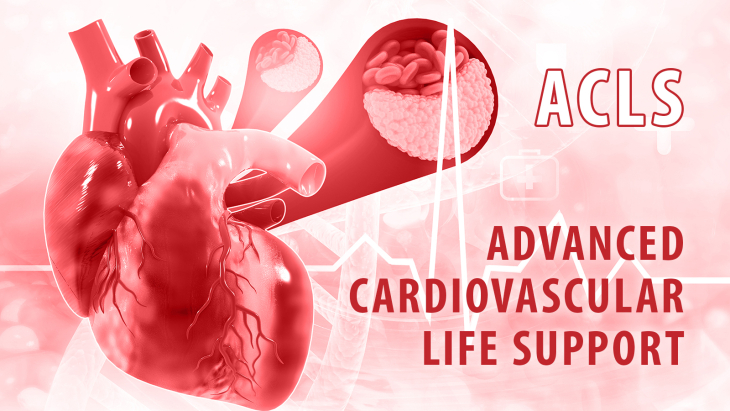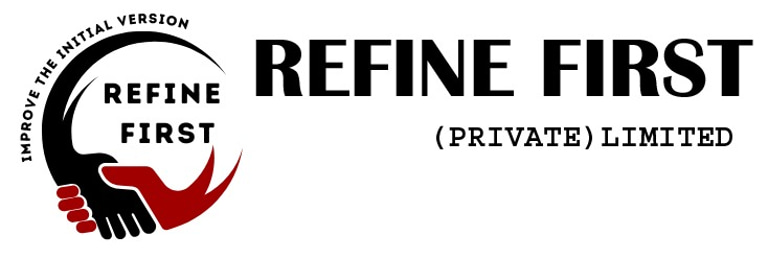ADVANCED CARDIOVASCULAR LIFE SUPPORT


Overview of an Advanced Cardiovascular Life Support (ACLS) program:
What is ACLS?
Advanced Cardiovascular Life Support (ACLS) is a set of clinical interventions for the urgent treatment of cardiac arrest, stroke, and other life-threatening cardiovascular emergencies.
Key Components:
1. Cardiac Arrest Management: Recognition and treatment of cardiac arrest, including CPR and defibrillation.
2. Rhythm Interpretation: Identification and management of cardiac arrhythmias.
3. Medication Administration: Use of medications to manage cardiac emergencies.
4. Airway Management: Techniques for securing and maintaining a patent airway.
Program Objectives:
1. Equip healthcare professionals with advanced knowledge and skills to manage cardiac emergencies.
2. Improve patient outcomes in cardiac arrest and other cardiovascular emergencies.
3. Enhance teamwork and communication in high-pressure situations.
Target Audience:
1. Healthcare professionals, including physicians, nurses, and paramedics.
2. Critical care and emergency department staff.
Benefits:
1. Improved patient outcomes in cardiac emergencies.
2. Enhanced knowledge and skills for healthcare professionals.
3. Increased confidence in managing complex cardiac cases.
Certification:
Many ACLS programs offer certification upon completion, which can be essential for healthcare professionals working in critical care and emergency settings.
